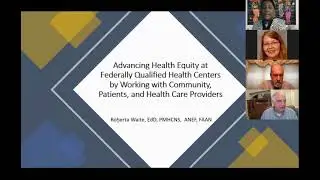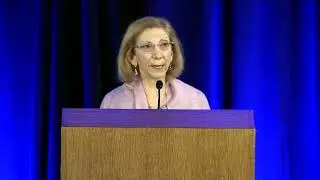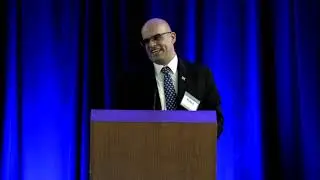Advancing Health Equity at Federally Qualified Health Centers (FQHC)
Speakers: Roberta Waite, EdD, PMHCNS, ANEF, FAAN, and Frederick S. Wamboldt, MD
Description: FQHCs are community clinics that provide ongoing health care for the vast majority of US residents experiencing health disparities arising in large part from systemic racism. The Affordable Health Care Act allowed many more patients to access these clinics but also increased the burden experienced by providers and staff working in these clinics. This resulted in an increased focus on handling acute problems rather than longer-term, but vital, health care issues. These talks will share systemic interventions that are trauma-informed, have an anti-racism approach, and strive to develop prevention and intervention strategies to support the communities' health needs.
Speakers Bios:
Dr. Roberta Waite is a professor in doctoral nursing and Associate Dean of Community-Centered Health & Wellness and Academic Integration. She serves as the executive director of the Stephen and Sandra Sheller 11th Street Family Health Services of Drexel University, which is operated in partnership with Family Practice and Counseling Network. Dr . Waite created the Macy Undergraduate Leadership Fellows Program, an interdisciplinary program for students in the College of Nursing and Health Professions and the School of Public Health, focusing on leadership development while concurrently fostering critical consciousness using social justice lens. Her scholarship and research center on behavioral health, socio-structural determinants of health, and racial justice.
Dr. Fred Wamboldt is Professor Emeritus in the Department of Medicine at National Jewish Health. He continues an active research program with three areas of emphasis, all of which examine individual, family and/or social processes in the context of stress, typically chronic medical illness. First are observational and interventional studies examining biopsychosocial factors influencing treatment adherence and clinical outcomes in patients and families dealing with chronic medical illness. Second are community-based projects aiming to reduce health disparities within low-income, racial/ethnic minority, and/or isolated rural communities. Third, are projects evaluating systems change within healthcare practices as well as related public health
policy.
**Recorded from the virtual presentation for the Family Process 60th Anniversary Conference and Celebration, "The Heart of the Matter: Systemic Imperatives to Address Health Disparities and Racism in the Time of COVID."
09 SEP 2021, Washington, D.C.

















